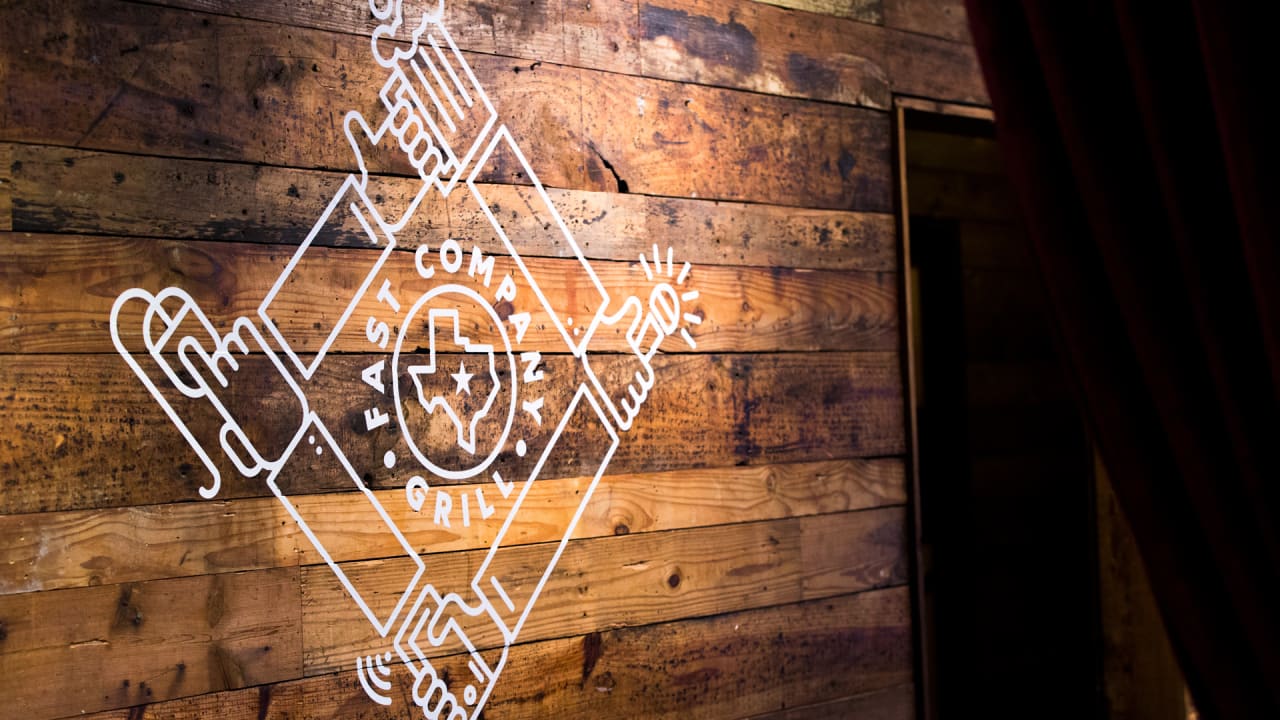[ad_1]

U.S. Surgeon General Dr. Vivek Murthy has long described loneliness as a major health crisis. Researchers have found that loneliness and weak social connections are associated with a reduction in lifespan similar to that caused by smoking 15 cigarettes a day and that loneliness reduces workers’ performance. Work may be exacerbating this loneliness crisis among women, especially.
According to a new report from leadership community TheLi.st, creative agency Berlin Cameron, and research firm Benenson Strategy, loneliness is harming women’s health, relationships, and opportunities for success—and it is worsening as their careers grow.
Researchers surveyed more than 600 men and women and found that 55% of senior-level women have felt lonely at their jobs at least once in the past month and 69% of senior-level women have felt unsupported at their jobs at least once in the past month.
While many men reported feeling less lonely as their careers progressed, 60% of women in leadership say their feelings of loneliness or isolation actually increased as their careers progressed.
“We’re now in a post-girl boss, post-Lean In era, where there was this feeling of ‘women are going to be supported,’ and ‘we’re all in this together,’ but that’s just not what we’re seeing in these numbers,” says Ann Shoket, CEO of TheLi.st. “Women are feeling tremendously unsupported.”
The report was released in conjunction with a Fast Company SXSW Fast Grill panel earlier today, titled “The cost of high ambition for women in the workplace.” Shoket spoke alongside Bea Arthur, founder and CEO of The Difference; Jennifer DaSilva, president of Berlin Cameron Agency and founder of LLShe; Susan McPherson, founder and CEO of McPherson Strategies; and Stephanie Lee, CEO and founder of Selfmade.
There are several potential reasons women experience such high rates of loneliness at work. For instance, 40% of senior-level women feel that the challenges at work go beyond reasonable expectations, 40% of women feel that their company does not help them succeed, and 67% of working women (and 60% of senior-level women) feel they’re being held back on purpose.
“Clearly, we have a structural problem at work, we need to be able to support women into greater positions of power and greater opportunities,” says Shoket. “And so often, women are actually tapped to lead ERGs, to lead the women’s group at work, to lead the Black women’s group at work, to lead the Latina women’s group at work—without additional compensation and with a tremendous amount of additional responsibility.”
Women of color report even higher rates of loneliness at work. Just 19% of women of color say they are very happy and satisfied with their overall career as it stands today, compared to 30% of white women. And 27% of women of color do not feel respected or supported by those who report to them, compared to 19% of white women feeling the same way. Only one in five women of color strongly agree that they feel respected at work, compared to over a third of white women.
What’s more, loneliness is negatively impacting not just the careers of women, but their health and personal lives as well. Most of the working women surveyed say they have made a career down move because of negative effects on their personal life and two-thirds of senior-level women say work, combined with their responsibilities at home, has left them burned out, stressed, and overwhelmed.
Nearly half of women say their relationships with friends and family have suffered because of work demands. Perhaps most startlingly, 92% of senior-level women who feel lonely say they have engaged in some type of negative coping behavior at some point in their career, including taking illegal drugs, overexercising, overspending, or gambling.
Fostering community inside and outside of work, offering workers support and mentorship, and implementing policies such as generous parental leave for people of all genders are just some of the potential solutions to the loneliness crisis, says Shoket.
She adds that finding personal joy and motivation, rather than following traditional (and potentially unhealthy) work expectations, may be one of the most radical solutions. “What you do for a living has to feel like living.”
[ad_2]
Source link

